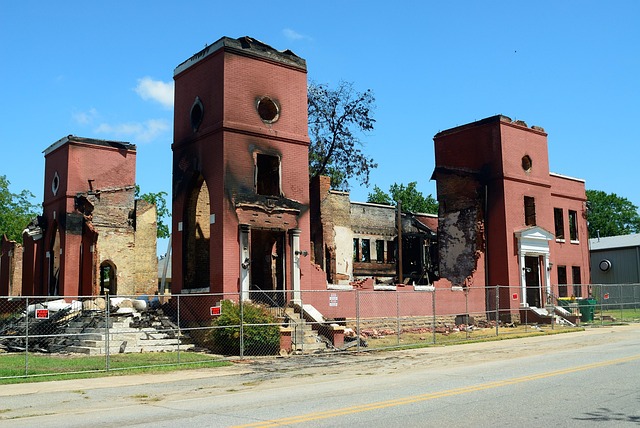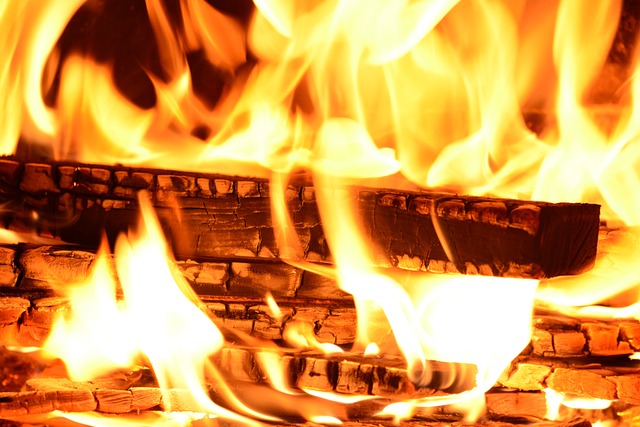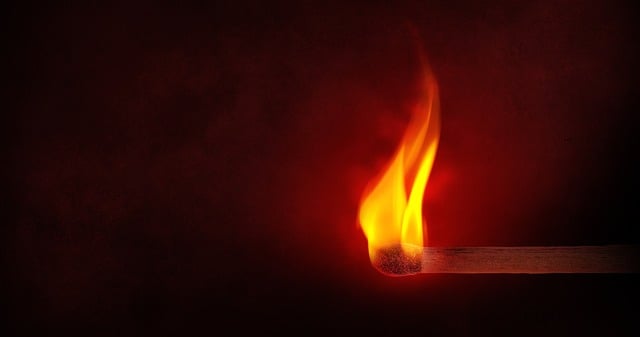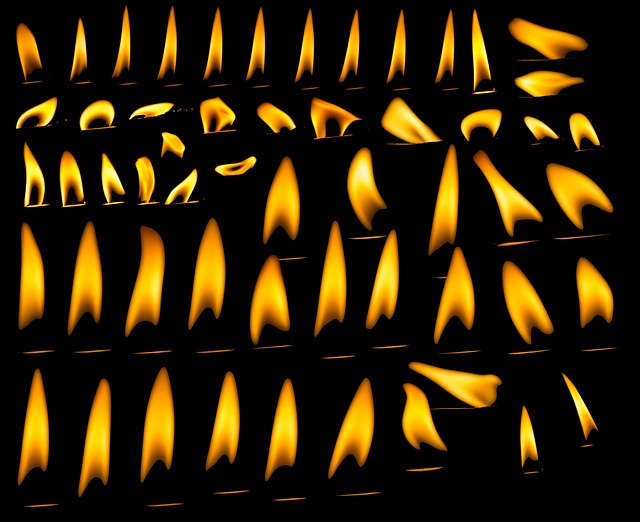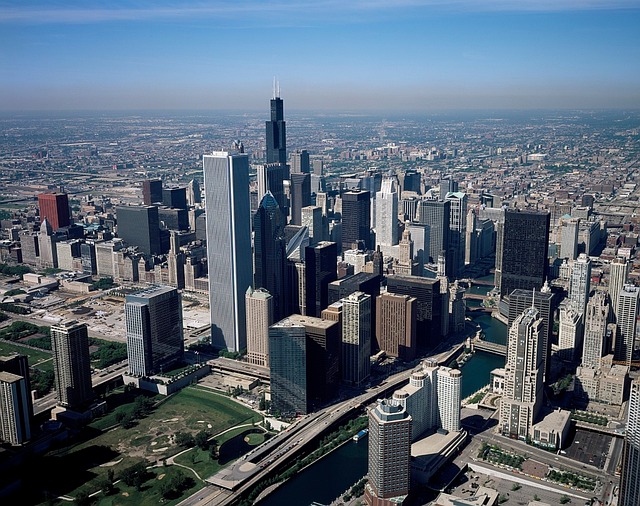Selling a fire-damaged property in Chicago requires strict adherence to Illinois' disclosure laws, which mandate transparent communication about past fires, required repairs, and potential health hazards. Sellers must accurately complete property disclosure forms to comply with legal obligations, protect buyers, and build trust. This process involves thorough inspections, detailed documentation, and professional guidance to navigate regulations and facilitate a smooth sale while avoiding legal disputes. Key SEO keywords: sell fire damaged property Chicago.
In Illinois, particularly within Chicago’s dynamic real estate market, understanding property disclosure laws is paramount for both sellers and buyers. This article navigates the intricate landscape of these laws, focusing on fire-damaged properties. We explore what constitutes fire damage under the law, sellers’ obligations to disclose, buyers’ rights, legal implications of non-disclosure, and best practices for safe sales. Essential reading for anyone involved in selling or purchasing fire-damaged property in Chicago.
- Understanding Property Disclosure Laws in Illinois
- What Constitutes Fire Damage According to the Law?
- Sellers' Obligations: Disclosing Fire-Damaged Areas
- Buyers' Rights and Protections in Chicago Real Estate Transactions
- Legal Implications of Non-Disclosure for Sellers
- Common Challenges and Best Practices for Safe Property Sales
Understanding Property Disclosure Laws in Illinois
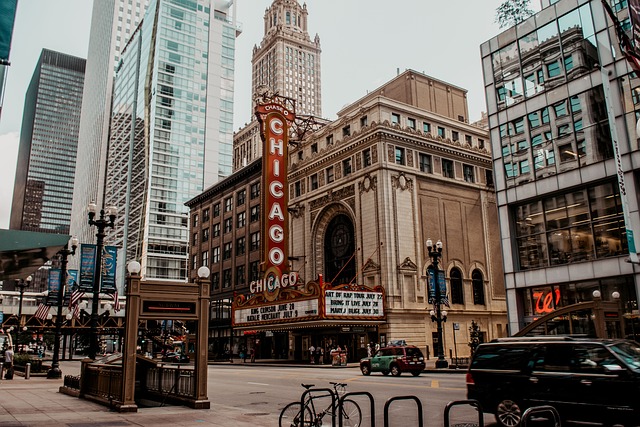
In the state of Illinois, understanding property disclosure laws is crucial when selling a home, especially if it has undergone fire damage. These laws aim to protect buyers by ensuring transparency about any potential issues or hazards within a property. When a seller in Chicago decides to sell a fire-damaged house, they are legally obligated to disclose specific details that could impact the buyer’s decision. This includes revealing the extent of the fire damage, any structural repairs required, and potential health hazards associated with the aftermath of such an incident.
Property disclosure forms are typically used to communicate these vital pieces of information. Sellers must fill out these forms accurately and honestly, providing a comprehensive overview of the property’s current state. This process facilitates open communication between seller and buyer, ensuring that all relevant facts are considered before sealing the deal. For Chicago residents looking to buy or sell fire-damaged properties, adhering to these disclosure laws is essential for a smooth transaction.
What Constitutes Fire Damage According to the Law?
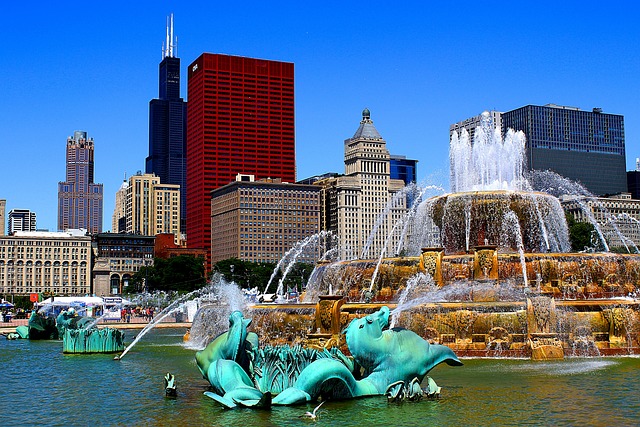
When it comes to Illinois property disclosure laws, understanding what constitutes fire damage is crucial for both sellers and buyers, especially when selling fire damaged property in Chicago. According to state regulations, fire damage refers to any structural or non-structural alterations resulting from a fire. This includes visible signs of burning, charring, or smoke damage on walls, ceilings, floors, doors, and windows. It also encompasses repairs made to address these issues, such as replacing burnt insulation, fixing smoke detectors, or rebuilding sections of the structure.
For properties in Chicago, where real estate transactions are common, disclosure is key. Sellers must inform buyers about any fire damage history and the extent of repairs conducted. This transparency helps buyers make informed decisions when considering a purchase. It’s important to note that even subtle indications of past fires, like discolored walls or peculiar odors, should be disclosed to ensure legal compliance and foster trust between parties involved in selling fire damaged property in Chicago.
Sellers' Obligations: Disclosing Fire-Damaged Areas

When selling a fire-damaged property in Chicago, sellers have specific legal obligations to disclose any relevant information. Illinois law requires sellers to provide comprehensive and accurate details about the property’s history, including any significant events that could impact its current state. This includes revealing areas affected by fires, even if they were previously repaired or renovated. Sellers must prepare a disclosure form that lists all known issues, such as fire damage, and describe the extent of the damage in each affected area.
The goal of these disclosure laws is to ensure transparency and protect buyers from potential surprises. By disclosing fire-damaged areas, sellers enable buyers to make informed decisions about purchasing a property that may require additional repairs or considerations. It’s crucial for Chicago residents involved in real estate transactions to understand these obligations, especially when dealing with historical properties that may have undergone fires, to ensure a smooth and legally compliant process while selling fire-damaged homes.
Buyers' Rights and Protections in Chicago Real Estate Transactions
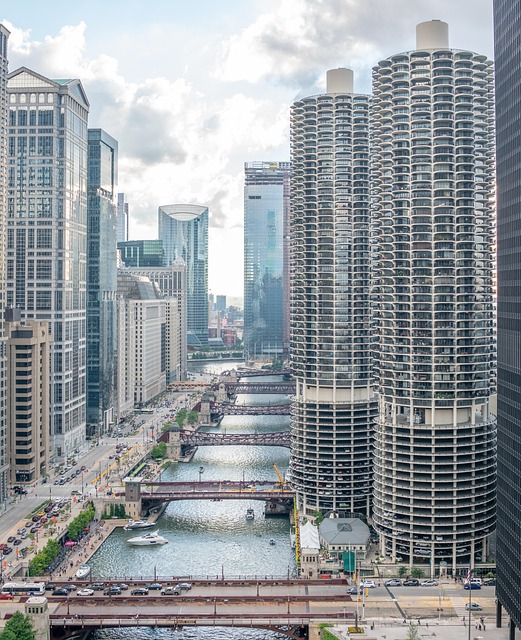
In Chicago, as in Illinois generally, buyers have significant rights and protections when engaging in real estate transactions. When considering a purchase of a sell fire damaged property Chicago, buyers are entitled to receive accurate and comprehensive information about the property’s condition. This includes disclosures about any known structural issues, previous fires, or other hazards that could impact the home’s safety and value. The state’s property disclosure law mandates that sellers provide potential buyers with a Property Disclosure Form, outlining relevant information about the property’s history and current state.
This process ensures transparency and gives buyers the opportunity to make informed decisions. For example, if a property has experienced fire damage, buyers should be made aware of the extent of the damage, the year it occurred, and any repairs or remediation efforts that have been undertaken. This knowledge allows prospective purchasers to assess potential risks and costs associated with purchasing a sell fire damaged property Chicago and decide whether it aligns with their needs and budget.
Legal Implications of Non-Disclosure for Sellers
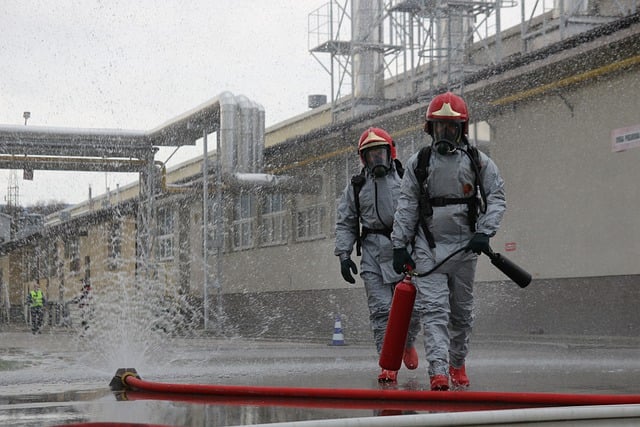
When selling a fire-damaged property in Chicago, failure to disclose relevant information can have significant legal implications for sellers. Illinois has strict property disclosure laws aimed at protecting buyers and ensuring transparency during real estate transactions. If a seller omits or misrepresents material facts about the property’s condition, including previous fires, it may lead to legal disputes and financial consequences.
Non-disclosure could result in buyers discovering hidden issues post-purchase, leading to lawsuits for fraudulent misrepresentation. In Chicago, where real estate transactions are highly regulated, sellers must provide accurate information about any historical damage, repairs, or safety concerns related to fire hazards. Being transparent not only complies with legal requirements but also fosters trust between parties involved in the sell fire damaged property Chicago process, ensuring a smoother and more ethical sale.
Common Challenges and Best Practices for Safe Property Sales
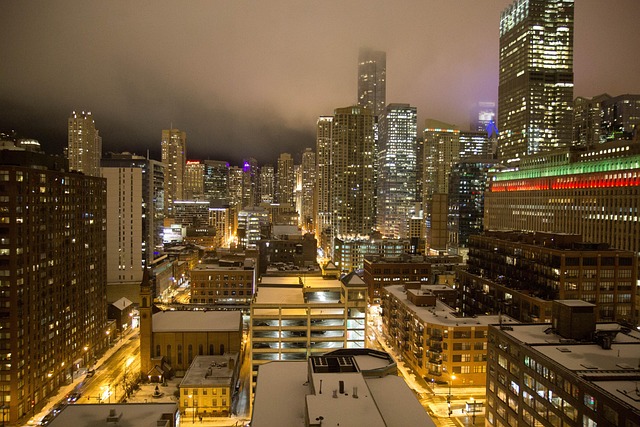
Selling a fire-damaged property in Chicago can present unique challenges for both sellers and buyers. One of the primary concerns is disclosing all relevant information accurately, ensuring transparency throughout the transaction. Common issues include underestimating the extent of damage, omitting necessary repairs, or not providing clear photos and descriptions of affected areas. These challenges can lead to legal complications and buyer dissatisfaction post-purchase.
To navigate these complexities successfully, sellers should adopt best practices such as conducting a thorough inspection before listing, documenting every damaged area with detailed photographs and reports, and disclosing all known issues truthfully in the property disclosure form. Additionally, engaging professional help from real estate agents or lawyers specializing in fire-damaged properties can offer guidance tailored to local regulations, like Illinois’ property disclosure laws, helping to ensure a smooth sale process and protect both parties from potential disputes.
When selling a fire-damaged property in Chicago, adhering to Illinois’ stringent disclosure laws is paramount. Understanding what constitutes fire damage and effectively disclosing these areas is crucial for a smooth transaction. Buyers in Chicago have robust rights and protections, ensuring they’re fully informed about the property’s history. Sellers must be mindful of their legal obligations to avoid potential implications, including liability and fines. By navigating these regulations, understanding fire damage assessments, and adopting best practices, both parties can ensure a safe and transparent sale of fire-damaged properties in Chicago.

